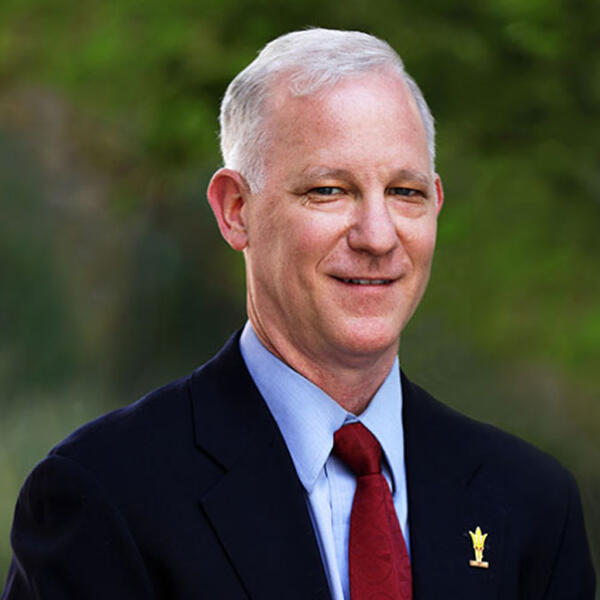
The human future as a design space – what does that mean to you?
The prevailing wisdom has it that society – and by extension the individuals who comprise it – is better off if people are left to pursue their own selfish interests and retain the fruits of those labors. Some will dedicate their lives to surfing or reading poetry, which will keep them happy but do little to address social ills. But others will change the world. Bill Gates sought to get rich and in the process helped transform how we work and play. The founders of Google and Facebook have done the same, turning the internet from a plaything for scientists and the military into the backbone of how many of us now interact. But it isn’t just greed. These entrepreneurs who changed the world also had a vision – an image of how the world could be – that they strove to realize.
Where did those visions come from? Before we ringed the earth with satellites, Arthur C. Clark imagined it. H.G. Wells described trips to the moon long before JFK made it a national priority and then a reality. And Isaac Asimov described hyperlinks and touch screens years before they became ubiquitous. Thus, if we are thinking about how best to design a better future, the questions should not be simply how to nurture an entrepreneurial mindset and incubate businesses that will develop the technology to build the future. Rather, we must also nurture those who create the visions that inspire the entrepreneurs.
Now that we understand fully that we are not merely passengers as we head into the future, but rather drivers, the question becomes whether we rely on the free market and invisible hand that have taken us this far, or do we actually try to steer? For my money, the answer is “all of the above.” We might have made it to the moon eventually, but the moonshot set a goal and provided resources, both intellectual and financial, to make it possible within 10 years. That said, private companies and the visionaries who head them today are leading the charge to Mars.
The future is coming, whether we plan for it or not. So why not plan for it? Indeed, it would be irresponsible not to. Efforts such as The Guide Project are critical to building the best future we can. But let’s remain open to the possibility that great ideas will come from unexpected quarters. After all, as the renowned Chef Auguste Gusteau so eloquently put it:
“Your only limit is your soul. What I say is true – anyone can cook. But only the fearless can be great!”
About Adam Chodorow
Adam is the Jack E. Brown Professor of Law at ASU’s Sandra Day O'Connor College of Law. His research focuses on contemporary tax issues, such as the taxability of virtual income. He is a fellow of the American College of Tax Counsel and a member of the Academic Advisory Board of the Tannenwald Writing Competition. An avid science-fiction reader and Dead Head as well as tax scholar, his most celebrated future-thinking work is Death and Taxes and Zombies, actually published in the Iowa Law Review.